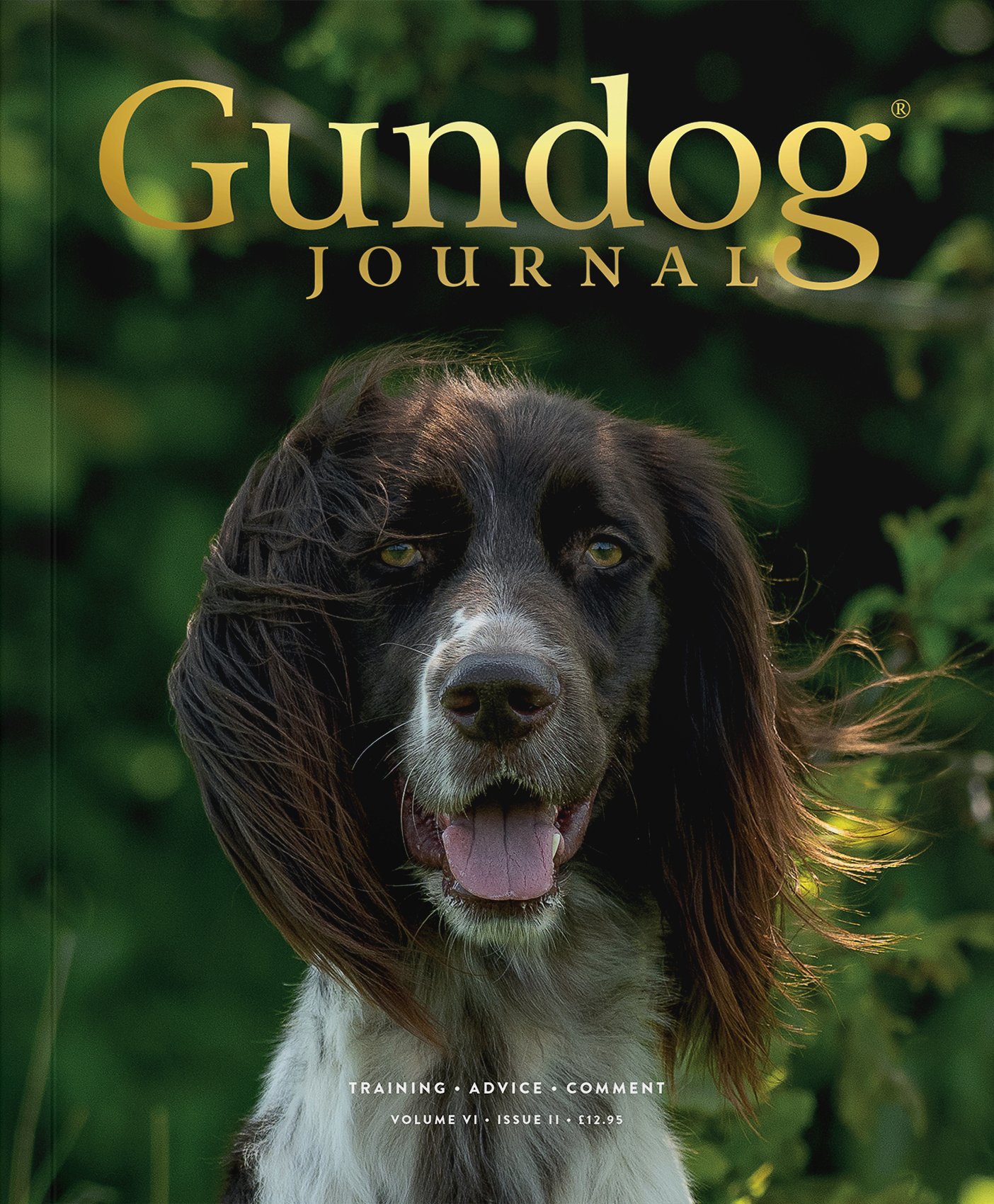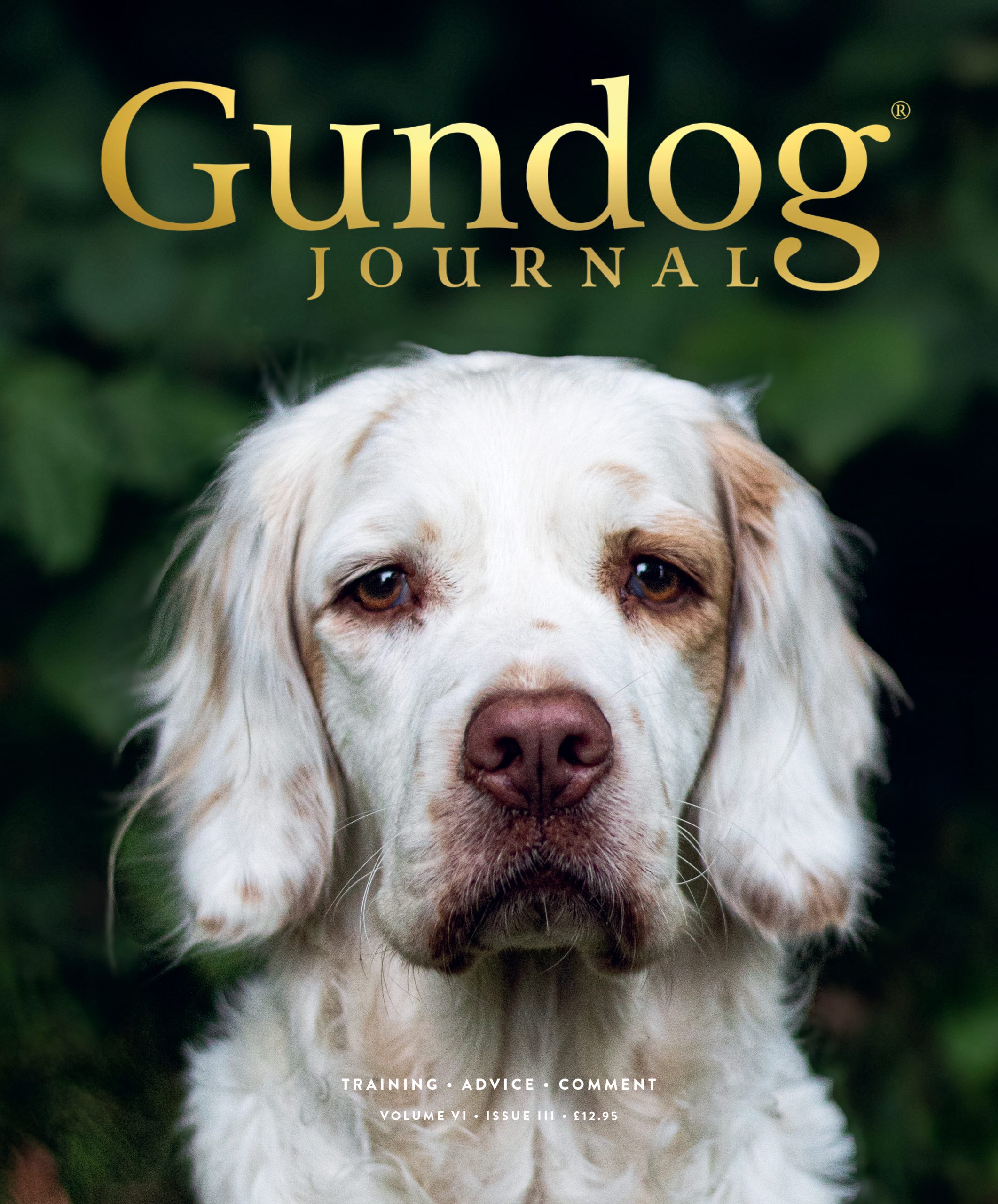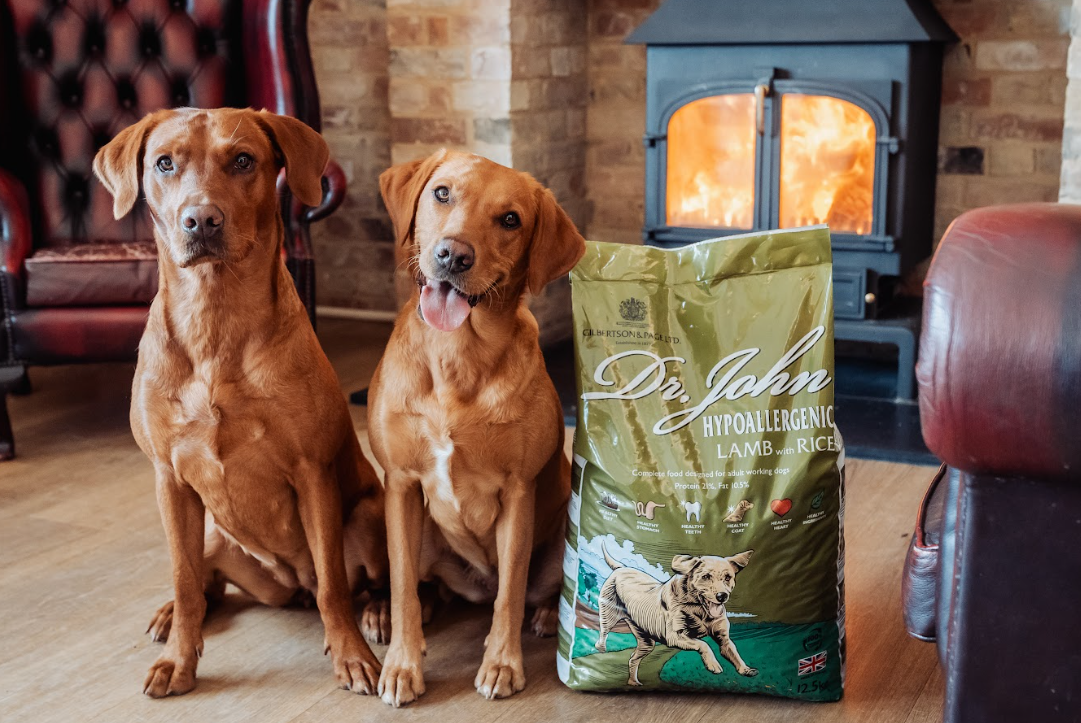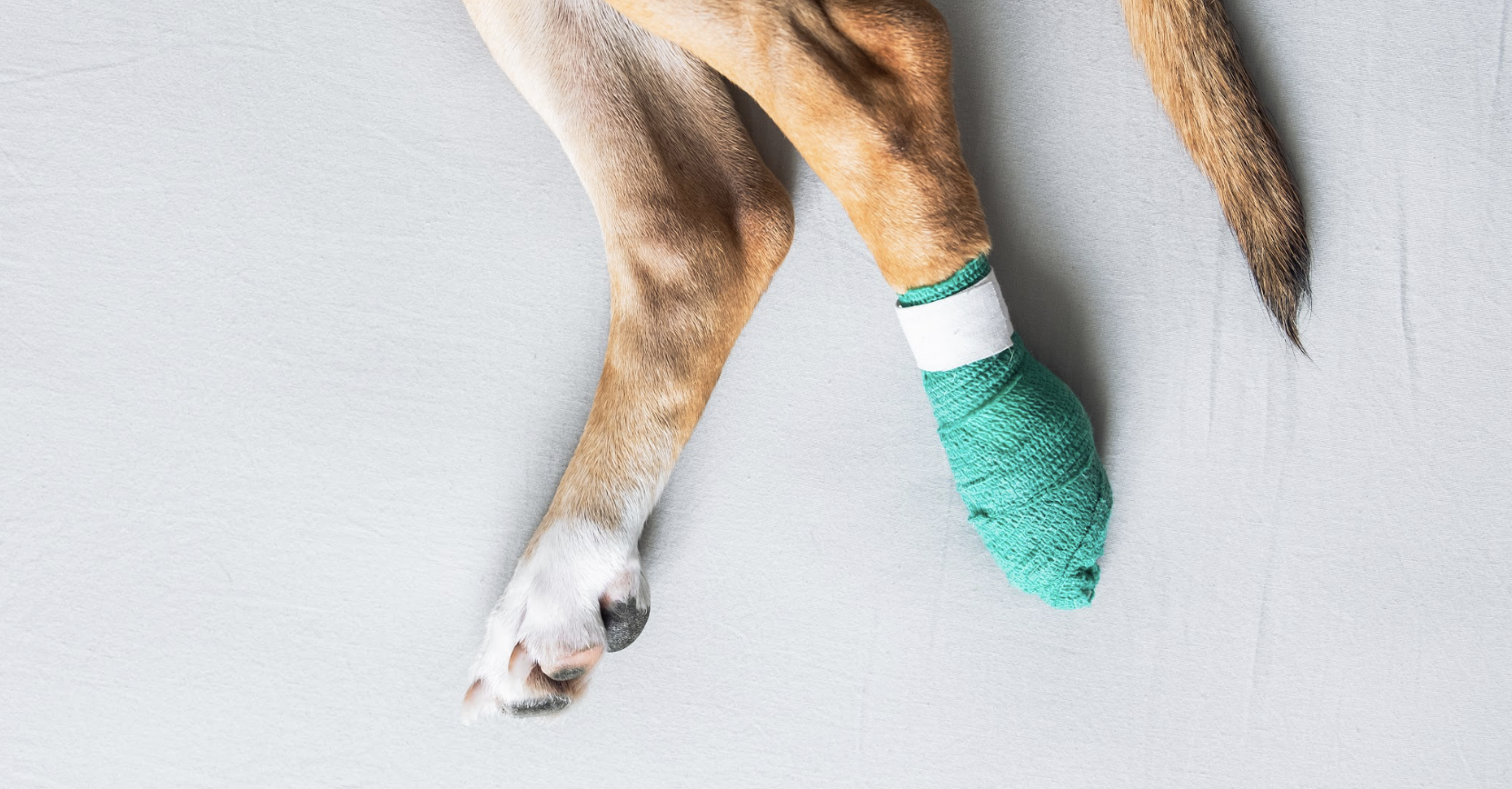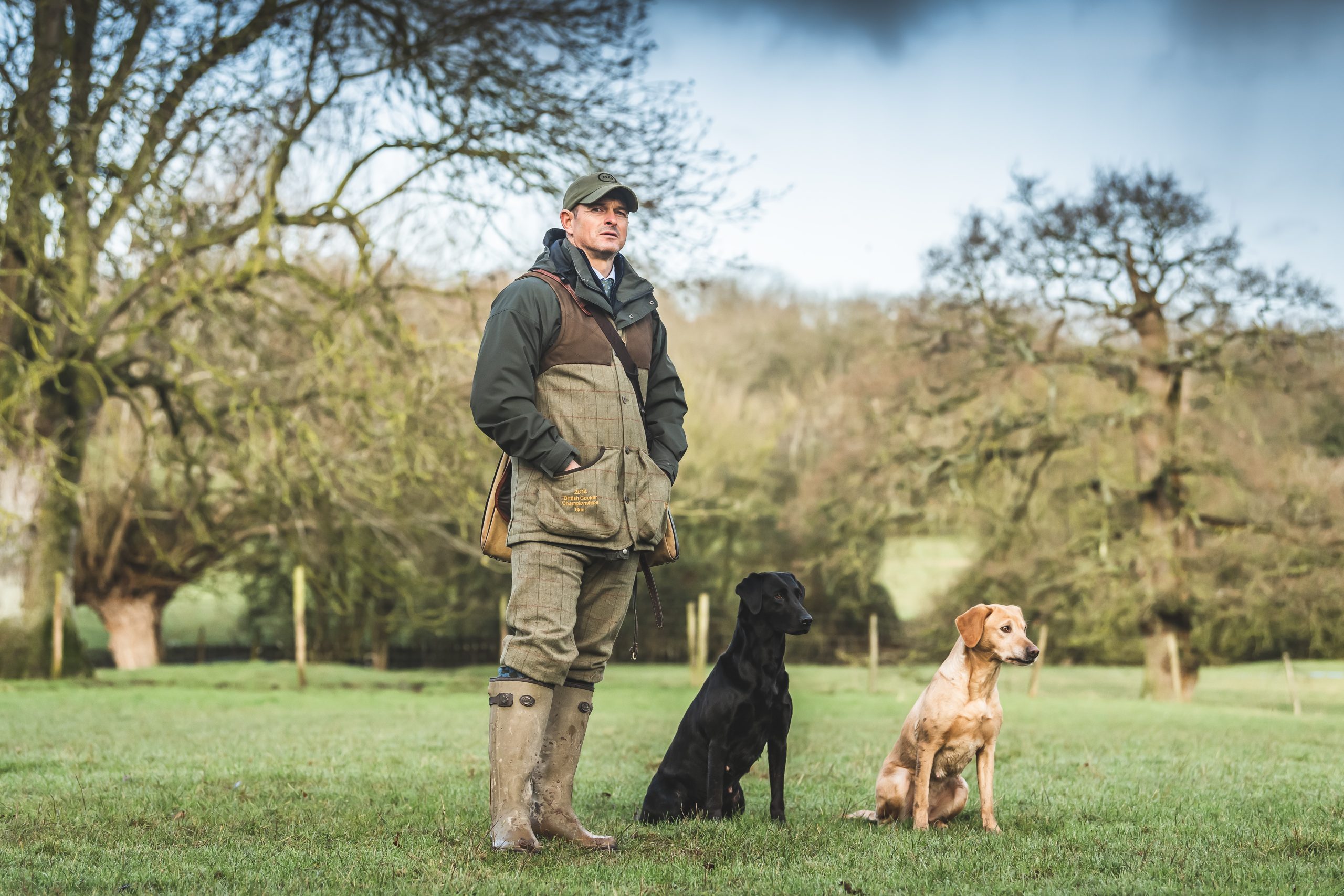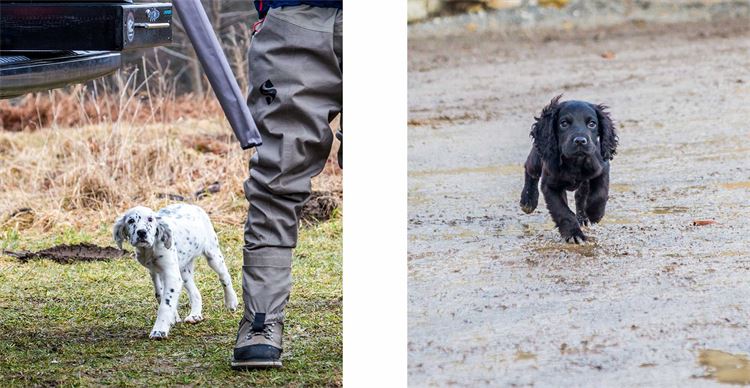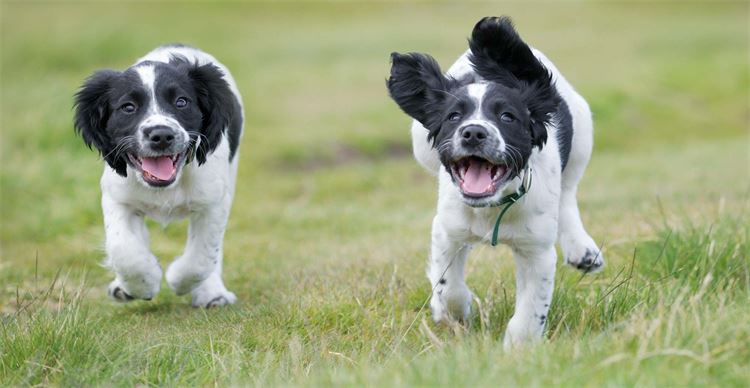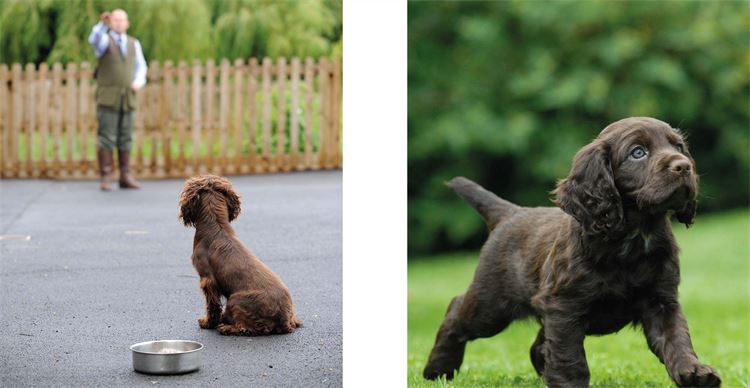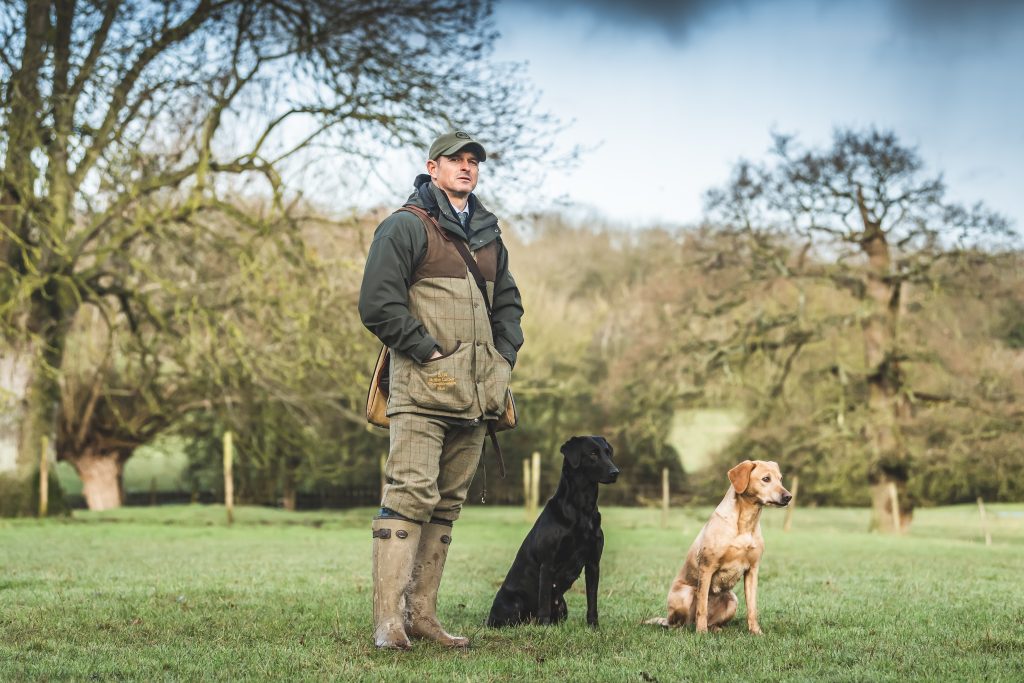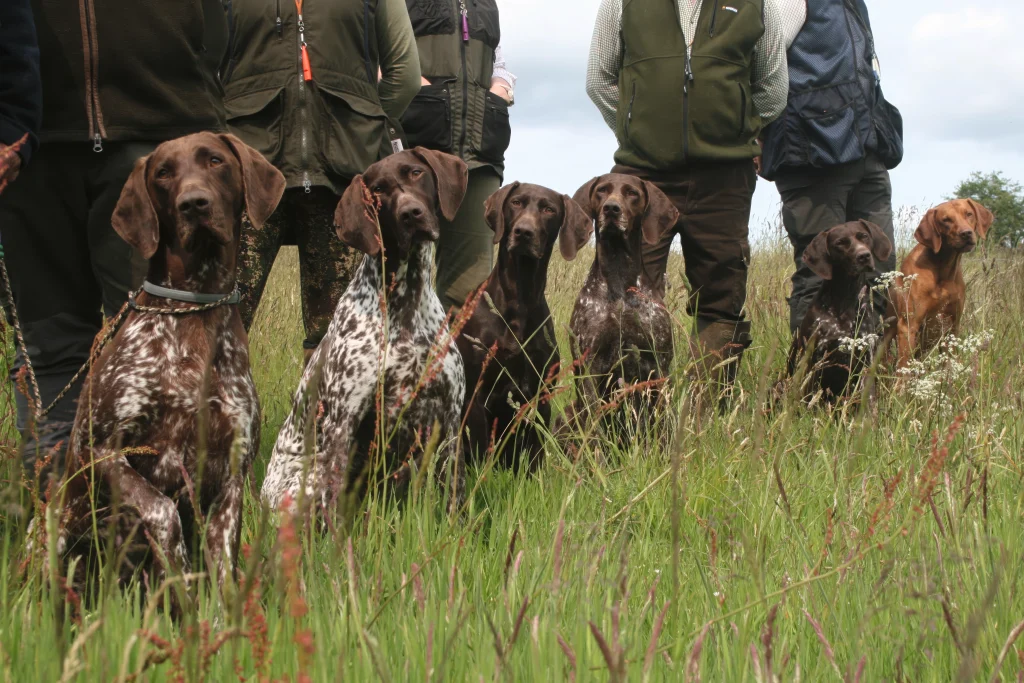Finding the perfect pup
Advice on choosing the right gundog puppy for you.
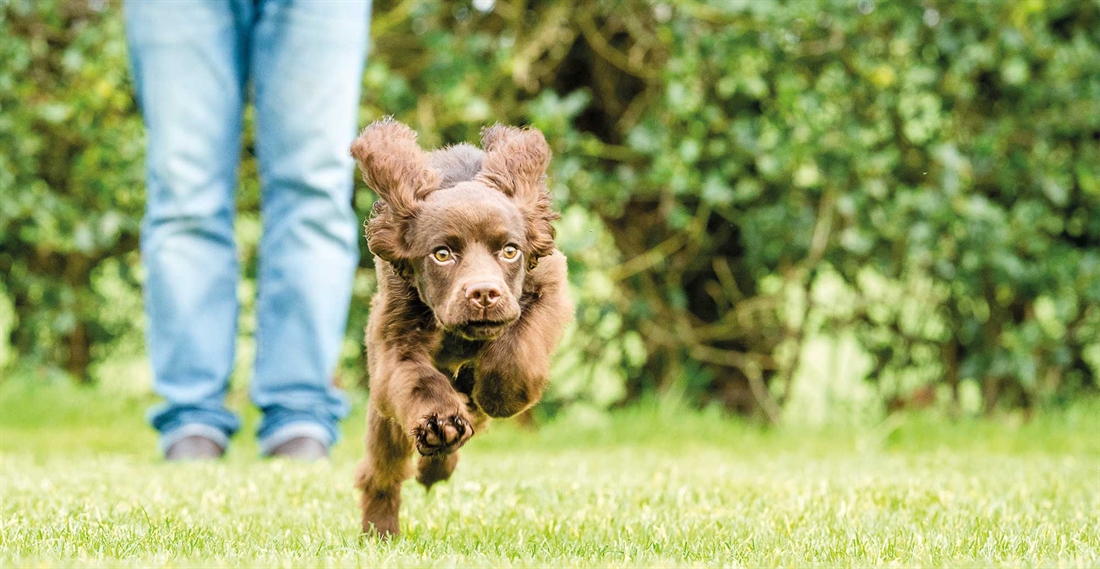
First of all, it must be stressed that taking on a gundog puppy or a part- or fully-trained dog should never be taken lightly. A dog will need a lot of attention, training, commitment, veterinary treatment and daily care for, with luck, 10–15 years.
Deciding on breed and pedigree
Choosing a breed of dog should be a careful consideration and thought through thoroughly. Firstly, it is important to establish what your expectations of the dog will be and the role you see it playing in your life. Simply put, there is no such thing as the perfect breed, but you do need to know the breed’s characteristics and hence what to expect from your pup.
In my opinion, when it comes to gundogs, a pure-bred, working breed is always the best option. Spaniels will obviously suit those looking to do rough shooting and beating, and retrievers will be the better option for those who do most of their shooting from a peg or enjoy picking-up. Each working breed has both positives and negatives and fixed characteristics and temperaments, so it is important to choose the right breed for your particular environment
Sex: dog or bitch?
The sex of the dog is also an important factor to consider. I personally find bitches demand more attention, but seem to be slightly more biddable and easier to train. However, they can come into season at the most awkward times. Something else to bear in mind is that once a dog has had a few matings, you may find that it can become more wilful and challenging of authority, particularly on shoot days when in the company of bitches and other dogs.
Registered gundog breeders
Once you have decided on the breed and sex of the puppy, the search for a breeder is not something that should be rushed. I would recommend starting with the Kennel Club – they will provide names and addresses of registered breeders, and they also have an accredited breeders scheme. Another good place to start your search is with your local gundog club – they will be able to recommend some reputable breeders or point you in the right direction.
In my personal opinion, it is always worth spending the extra money and looking for a breeder who has a Field Trial Champion (FTCH) dam with a proven track record, or a dam with a good reputation in the working or trialling field. I always ask for the breeder’s history and research this myself. The sire is the second port of call and this is also very important as he will have a big influence on your puppy’s character and hunting and/or retrieving instincts.
Even if you have no intention of competing with your dog, looking for FTCH lineage is the best assurance you can get that your pup will have a good temperament and a natural working ability. It is by no means a guarantee, but like buying a car with an MOT, it’s a form of assurance.
Once I have all this in place, the fun part starts – viewing the puppies…
Picking a puppy from a litter
I would look to make my decision when the pup is 8–10 weeks old. And there are certain things I look for, even from a very young age. I look for a bold and outgoing character, particularly for competition purposes. And I also look for strong hunting and retrieving instincts.
Firstly, I look at the litter as a group and watch how they interact amongst themselves. Then I get them out individually. Try rolling a sock for them to retrieve – ideally, I want to see a pup run straight for the sock and make the retrieve purely on instinct. On the other hand, quite often a puppy won’t even look at the sock, but another in the litter will stand out by making the retrieve without being asked.
Then I’d have a chat with the breeder and then look at them as a group again. If I still can’t decide, I close my eyes and take my pick.
Health & Vaccinations
In my view, puppies should receive their first vaccination from seven weeks and their second from 10 weeks. I personally think that spaniels should be docked and dew-clawed at 3–4 days old. This means that by 10 weeks old your pup will have been seen and checked over by a vet three times.
With retrievers, I would like the sire and dam to have a good combined hip score (with a perfect score of 0-0 but no more than 5 each), 0-0 elbows, a clear eye test, and be GPRA and CMN clear.
Age to start puppy training
I would be looking to take my pup home at 8–10 weeks. Although it is important to allow your pup to develop its own character, training should start immediately.
It is crucial that you establish yourself as pack leader from day one, and that your pup learns to show respect around the house and around people. Basic discipline and consistency in your approach will enforce this hierarchy. Establishing set feeding times and toilet training should be undertaken from day one.
Related Articles
Get the latest news delivered direct to your door
Subscribe to Gundog Journal
Unlock the full potential of your working dog with a subscription to Gundog Journal, the UK’s only dedicated magazine for gundog enthusiasts. Published bi-monthly, this authoritative resource delivers expert training advice, in-depth interviews with top trainers and veterinary guidance to help you nurture a stronger bond with your dog.
With stunning photography and thought-provoking content, Gundog Journal is your essential guide to understanding, training and celebrating your working dog.
Save 10% on shop price when you subscribe, with a choice of packages that work for you. Choose from Print & Digital or Digital only with each journal delivered directly to your door or via the app every other month, plus access to past issues with the digital back issue library.
